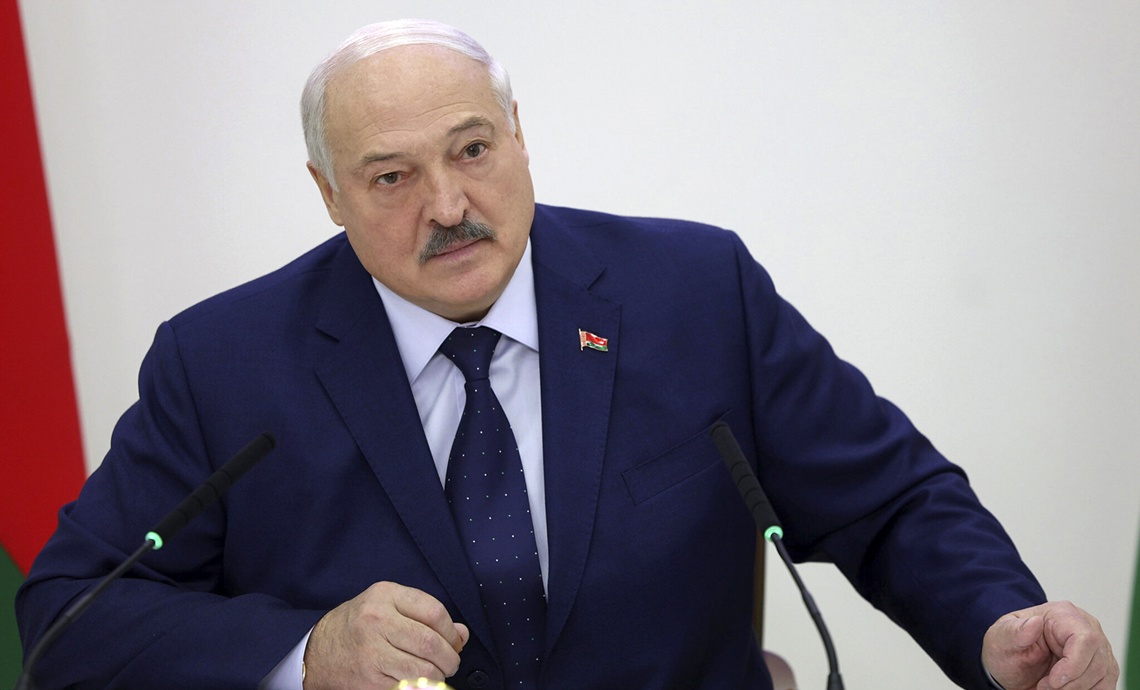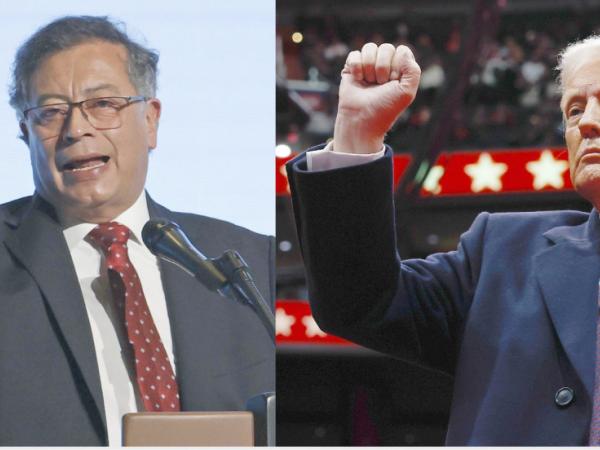The president of BelarusAlexander Lukashenko was re-elected this Sunday for a new term, which will add to the 30 years he has already been in power.
Lukashenko, a staunch ally of his Russian counterpart Vladimir Putin, received 86.82% of the vote, according to preliminary official results.
With his victory at the polls, rejected by the opposition outside the country and Western governments, the Belarusian leader will have his seventh consecutive term since assuming the presidency in 1994.
In this way, he will remain in office until 2030, like Putin – re-elected in March 2024 with a similar result – and is confirmed as the European leader with the longest tenure in power.
The other candidates for the presidency did not reach 4% of the votes – the most voted after Lukashenko was the communist Sergei Sirankov with 3.21% – and were even below the vote against all (3.6%), an option that the opponents in exile asked voters to endorse as a peaceful protest against the current government.
Lukashenko, who was already involved in accusations of fraud and massive protests against it in the last elections, did not allow the most staunch opponents of his administration to run in the elections and did not give Belarusians outside the country the possibility of voting by electoral colleges should not be set up abroad.
VIDEO | The authoritarian leader of Belarus, Alexandr Lukashenko, sweeps the presidential elections and is re-elected for a historic seventh term amid complaints of fraud from the opposition and Western foreign ministries. pic.twitter.com/Afe4GYnFZN
— EFE News (@EFEnoticias) January 27, 2025
Waiting for Russian missiles
The re-elected president has said he is not concerned that the United States and the European Union do not recognize the results, but he expressed his willingness to normalize relations with the West.
“We are always willing, but you (the Westerners) don’t want to. So what should we do? Bow our heads or crawl?” he told the press, refers EFE.
According to the Spanish agency, Lukashenko refused to dialogue with what the media calls the “democratic opposition” and take measures of political opening and confirmed that Minks will not renounce the tactical nuclear weapons deployed by Russia after the start of the war in Ukraine.
In addition, he said that he expects the arrival “from one day to the next” of the Russian Oreshnik hypersonic ballistic missiles, in what he considered a response to Washington’s plan to deploy medium-range missiles in Europe.
Lukashenko, who does not shy away from the term dictator, pointed out that he is already thinking about ceding power, although he said it would not be to a woman or even to his son, as the opposition claims.
Regarding the war conflict in neighboring Ukraine, he said he never wanted war, but that he does not regret his Government’s position on the matter.
“I am not fighting. And I didn’t involve my country in the war either. “I only help Russia,” he stated, while saying he saw this year “a light at the end of the tunnel” for the conflict.
Belarus maintains close ties with Cuba, and both countries have signed a group of agreements in different areas. For his support of Russia in the war in Ukraine, he has received sanctions from Western countries, which has led him to further strengthen his alliance with Moscow.














